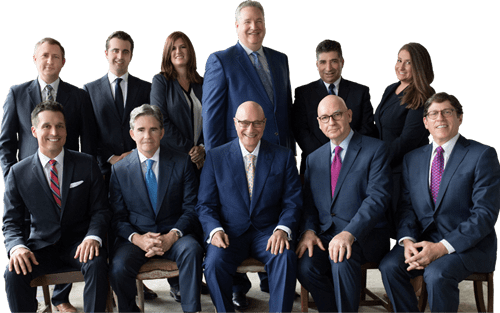According to a recent report issued by The National Registry of Exonerations, there were at least 139 wrongfully-convicted individuals who were exonerated last year in the United States, with New York having the fourth most exonerations in the nation.
On average, these victims spent more than 10 years behind bars before their wrongful convictions were overturned. So why did these individuals have to spend so many years needlessly in prison? Well, there are many reasons why wrongful convictions occur, including, but certainly not limited to:
- Official misconduct: As discussed in the recent report, 84 exonerations in 2017 involved official/police misconduct, including instances of falsifying lab reports, police threatening witnesses and officials (including both police and prosecutors) concealing important evidence.
- False confessions: While many may believe that an innocent individual would never confess to a crime they didn’t commit, the reality is that aggressive police interrogative techniques have been known to elicit false confessions at times. In fact, 29 exonerations in 2017 involved false confessions.
- Perjury and false accusations: Of the 139 exonerations last year, 87 involved instances in which a witness committed perjury or falsely accused the wrongful-conviction victim.
- Mistaken ID: While some witnesses may outright lie and commit perjury, others simply remember things incorrectly. After all, our memories are not perfect, which is evidenced by the fact that 37 exonerations last year involved mistaken eyewitness identifications.
As you can see from the numbers listed above, several of the cases had more than just one underlying reason for why the wrongful conviction originally occurred — with many of the cases involving both official misconduct and perjury, for example.
Fortunately, various states, including New York, already have laws on the books that permit victims of wrongful convictions to seek compensation for any damages sustained due to their wrongful imprisonment. For example, New York’s wrongful conviction recovery statute — otherwise known as Section 8-b of the New York Court of Claims Act — provides important legal recourse for victims of the state’s criminal justice system, including a possible award of damages.













